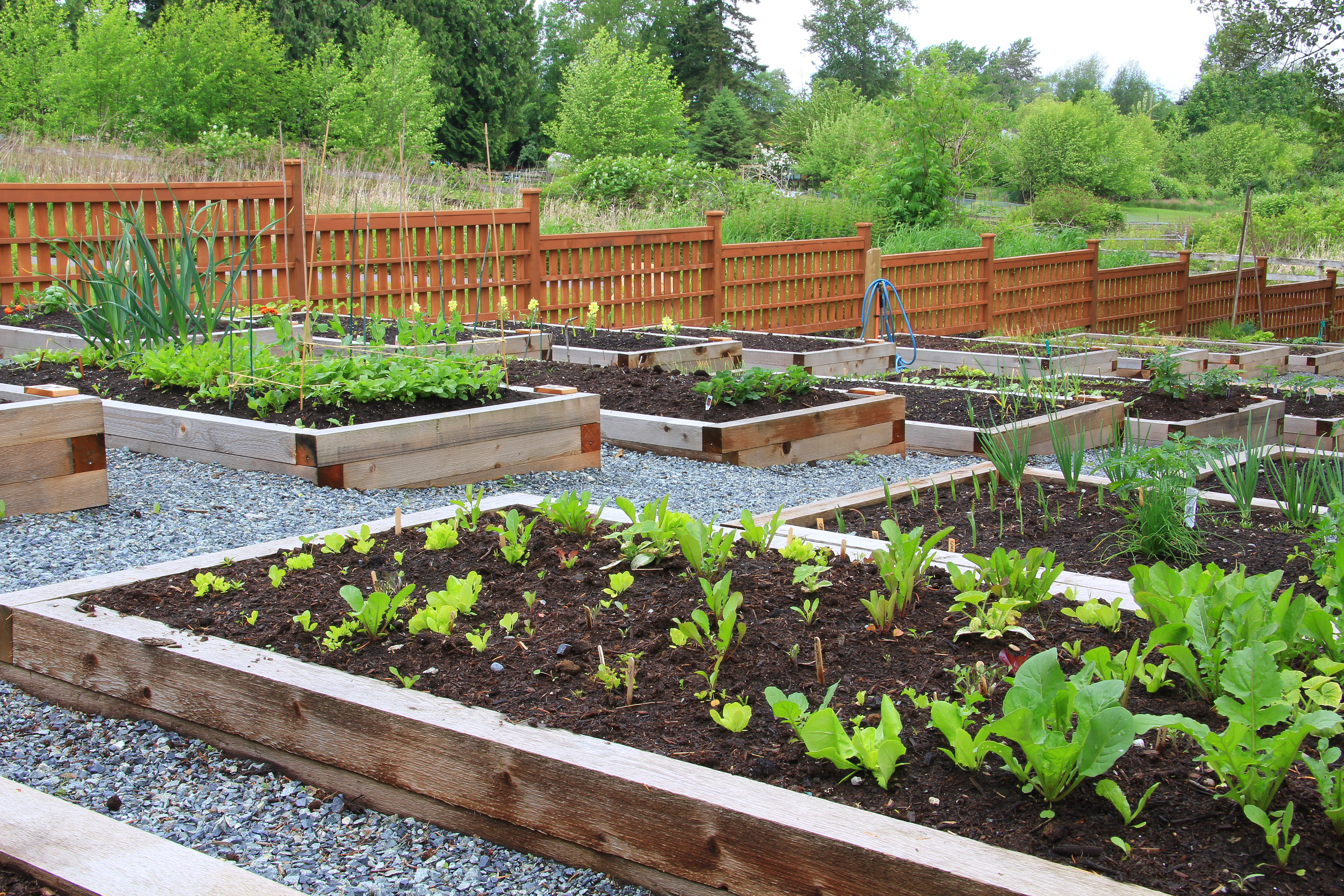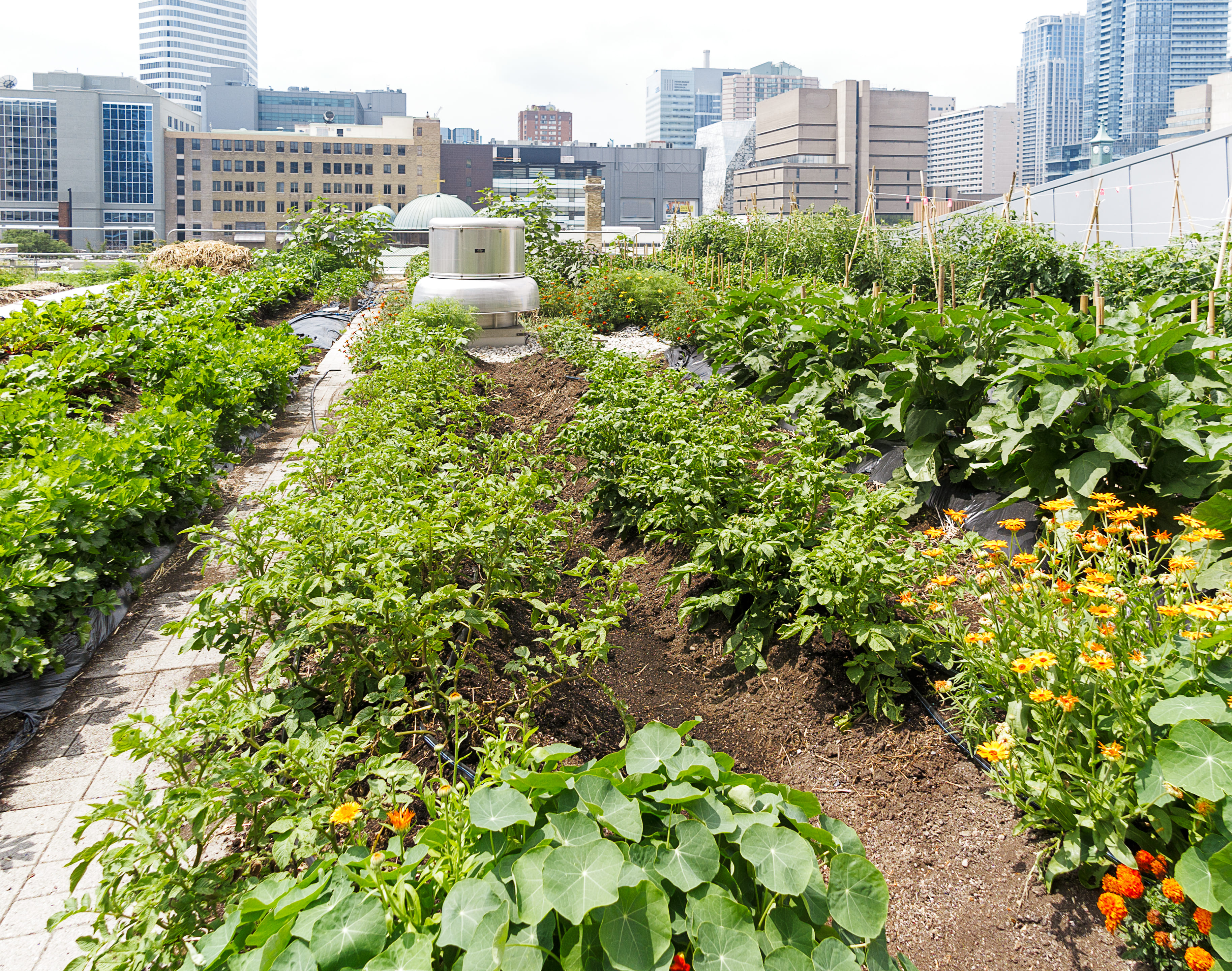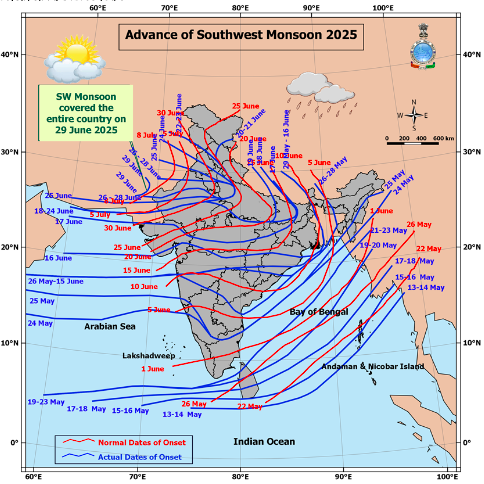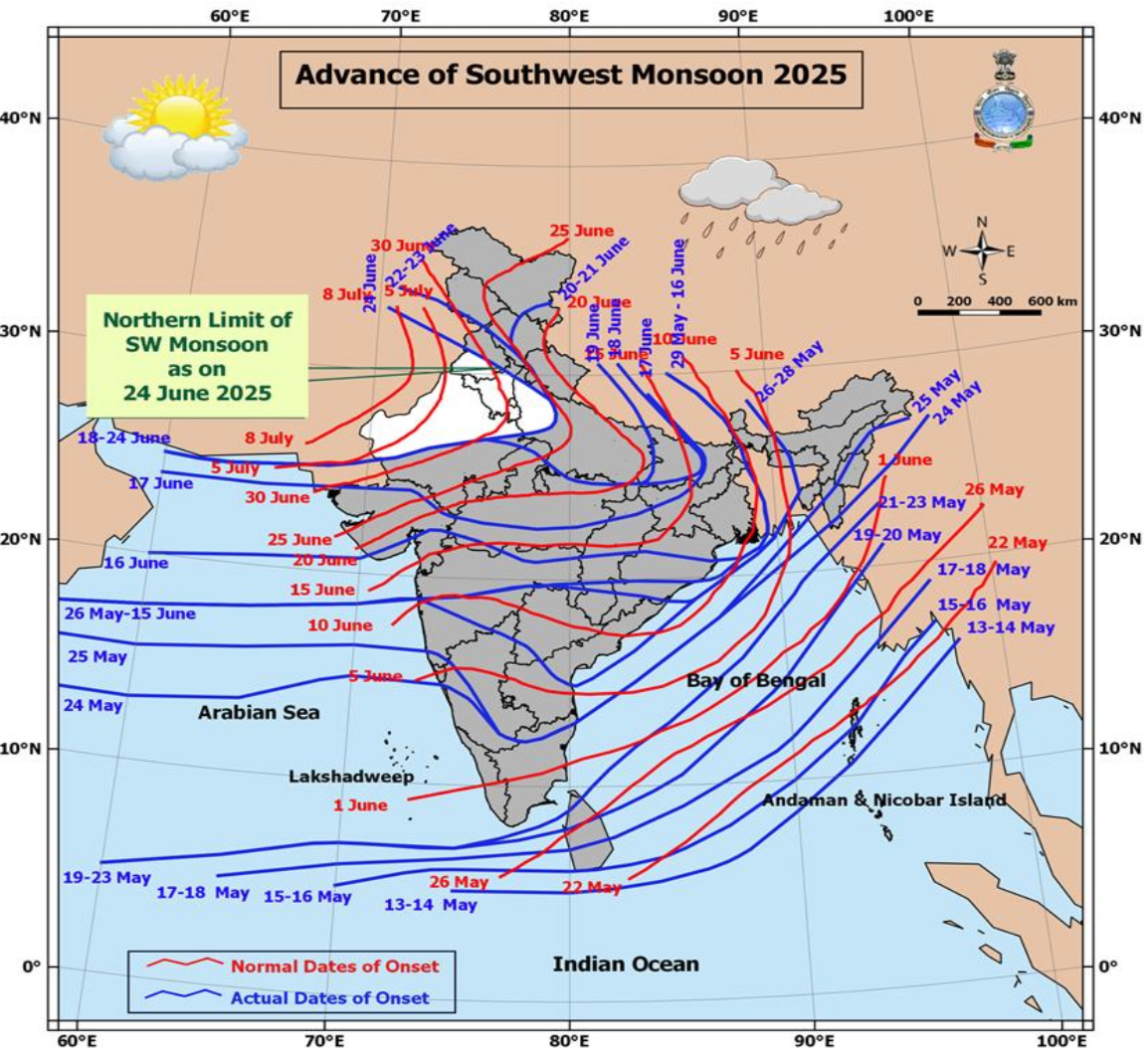Did you know that urban farming was once considered a mere novelty?
Yes, it was unusual for countries like India. But that’s old news!
Urban farming has now emerged as a crucial solution to address food security, environmental sustainability, and economic resilience in India. With rapid urbanisation placing immense pressure on traditional farming practices and food supply chains, it offers a promising alternative, empowering individuals and communities to grow their food within city limits.

FACT: The global urban farming market size was valued at USD 139,064.22 million in 2022 and is expected to expand at a CAGR of 7.88% during the forecast period, reaching USD 219,151.95 million by 2028.
Let’s see what urban farming methods are and what significance they have.
- Rooftop Gardens: Utilizing rooftops for gardening maximises space and helps in temperature regulation and rainwater harvesting. Rooftop gardens provide fresh produce, improve air quality, and reduce energy consumption by insulating buildings.
- Vertical Farming: Vertical farming involves growing crops in vertically stacked layers, often in controlled environments like indoor facilities or high-rise structures. This method optimizes space utilization, minimizes water usage, and allows for year-round cultivation, making it ideal for urban settings with limited land availability.
- Community Gardens: Community gardens promote social and collective ownership of green spaces. By transforming vacant lots or underutilised land into productive gardens, communities foster collaboration, knowledge sharing, and food accessibility.
- Hydroponics & Aquaponics: Hydroponic & aquaponic systems eliminate soil needs by growing plants in nutrient-rich water solutions. These methods require less water and land compared to traditional farming while yielding higher crop yields and faster growth rates.

Urban farming caters to multiple challenges that India is facing. The following are the major ones:
- Rising Urbanization: As more people migrate to cities, the demand for food increases, placing strain on rural agricultural systems and food distribution networks. Urban farming helps bridge this gap between food production and consumption within urban centres.
- Environmental Concerns: Conventional agricultural practices contribute to deforestation, soil degradation, and water pollution. Urban farming promotes sustainable land use, and biodiversity conservation, and reduces greenhouse gas emissions associated with food transportation.
- Food Security: Urban farming enhances food security by diversifying food sources, reducing dependence on external supply chains, and ensuring access to fresh, nutritious produce, especially in underserved urban areas or food deserts.
In conclusion, urban farming offers a multifaceted solution to the complex challenges facing India’s urban centres. By embracing innovative farming methods and promoting community engagement, we can create resilient, sustainable cities where access to healthy food is fundamental. As we cultivate urban spaces into vibrant hubs of food production, we sow the seeds of a healthier, more equitable future for all.








 Connect With Us
Connect With Us